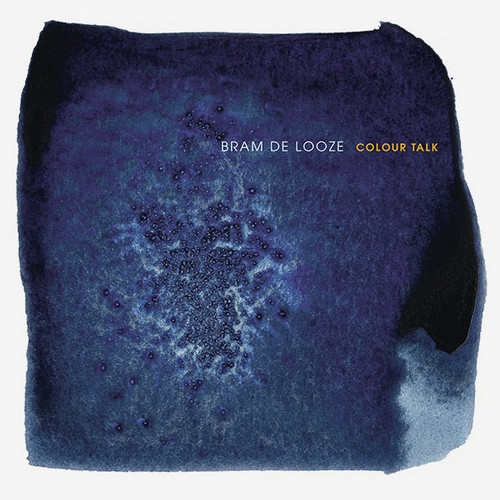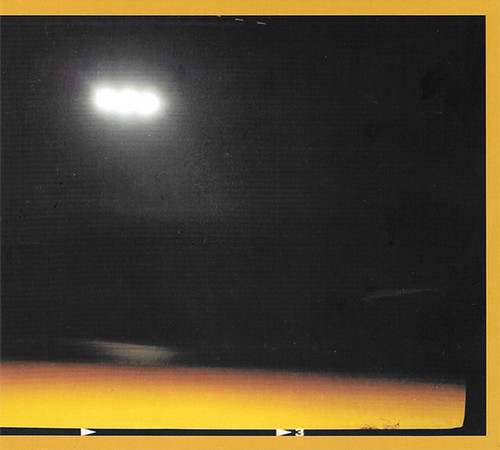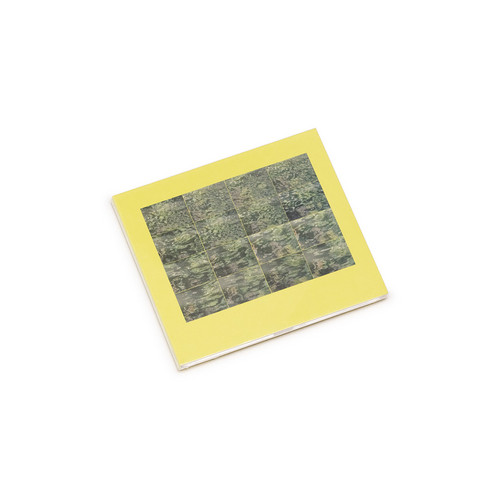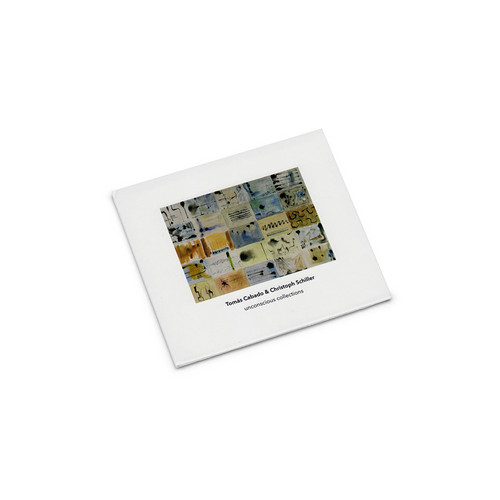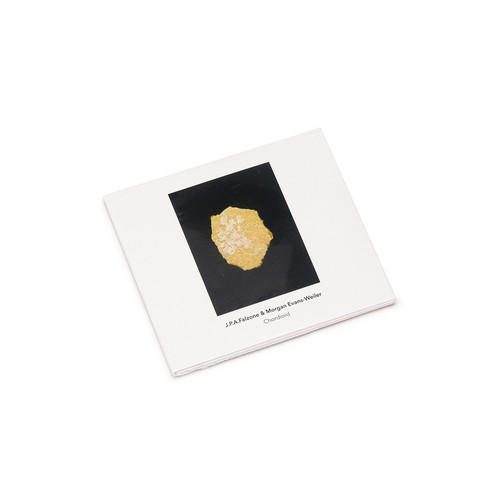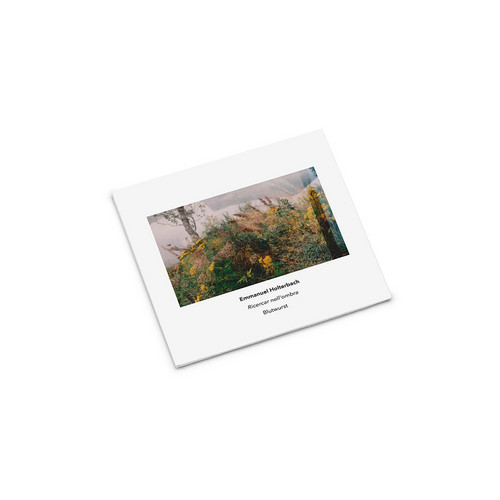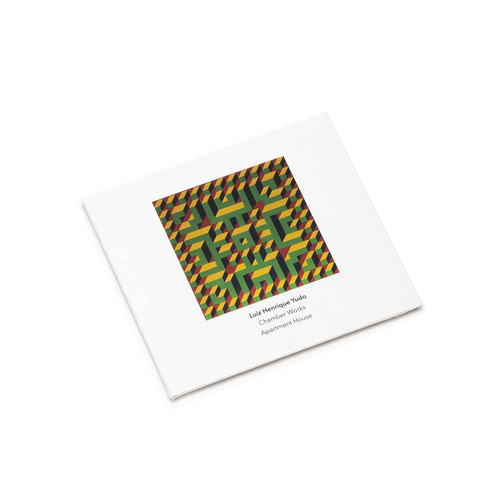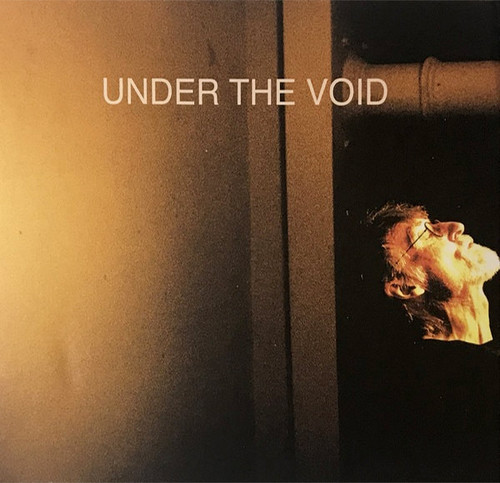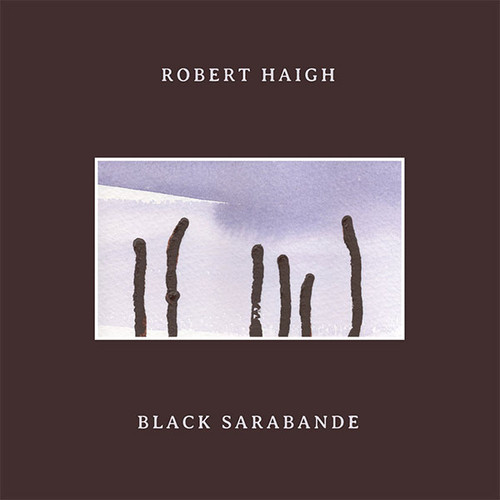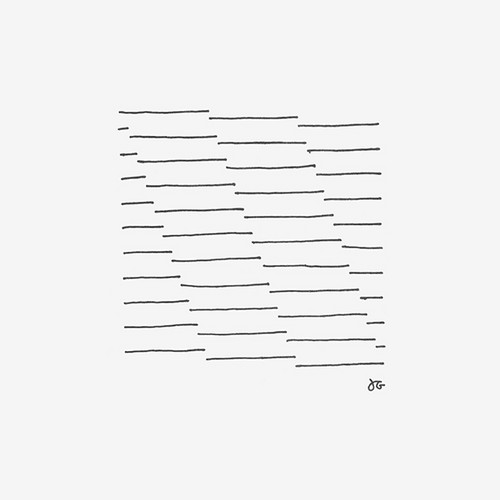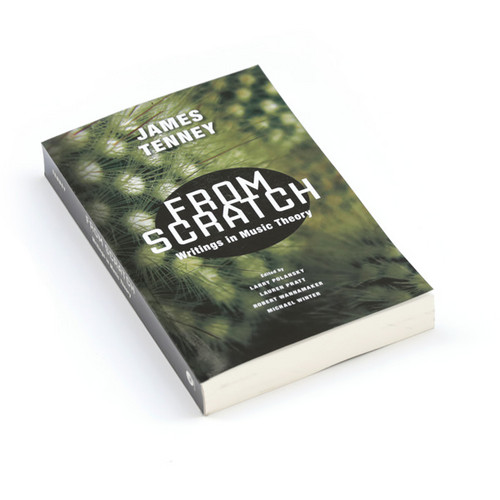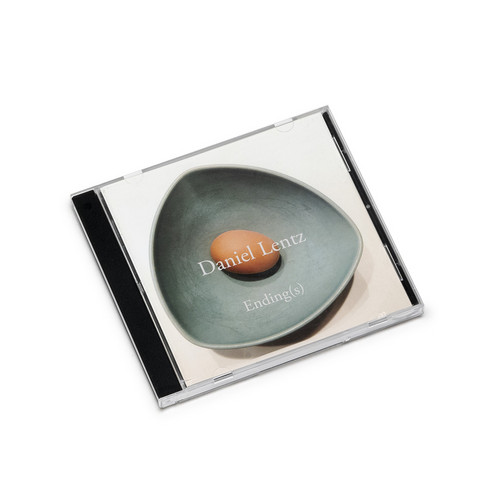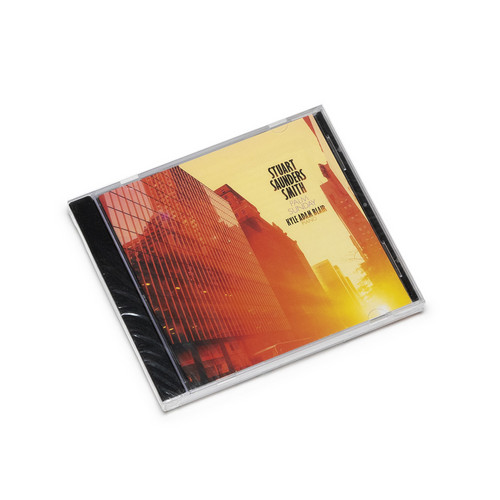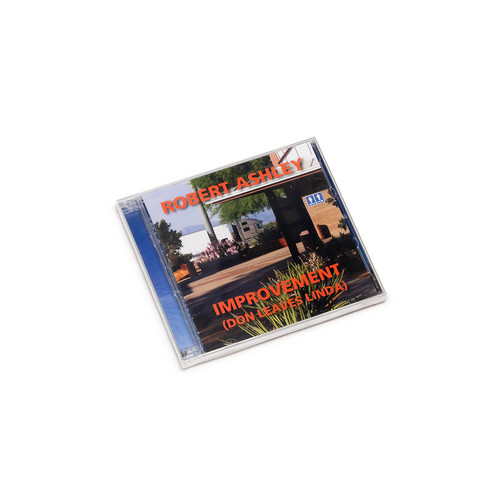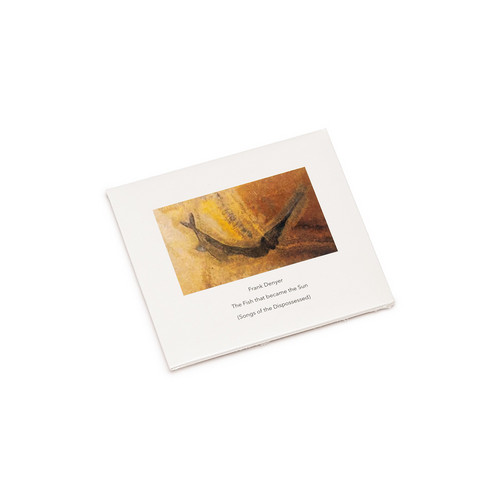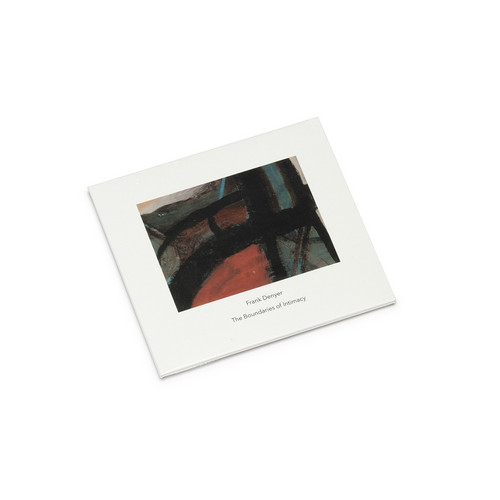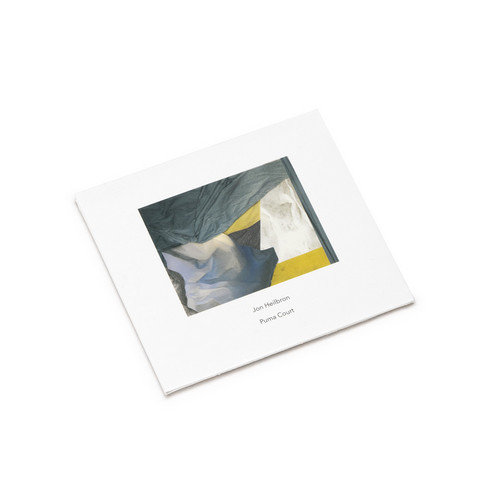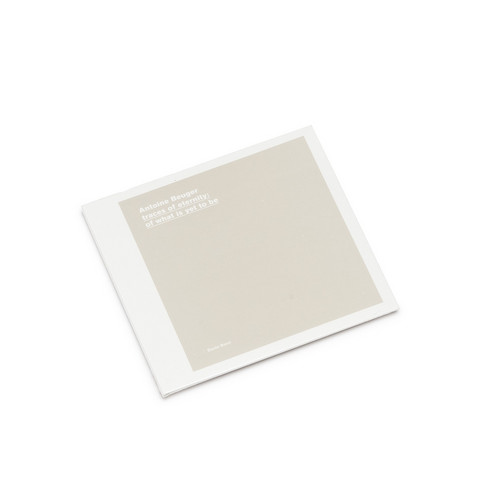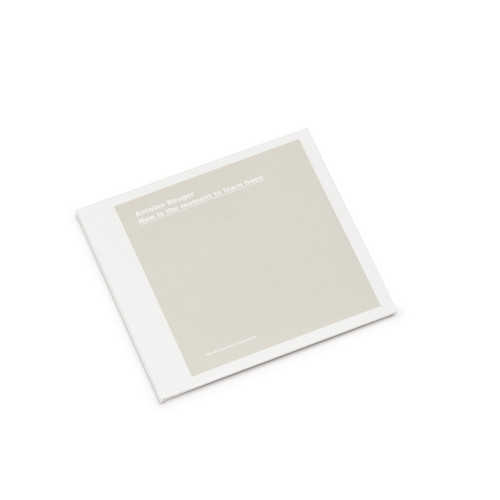Colour Talk
**CD version** Bram De Looze is a Belgian pianist and composer whose distinct musical vision has found its way through both solo projects and collaborations. His unique technical skill and musical maturity have earned him considerable critical acclaim back home as his work spotlights his far-ranging interests – from traditional classical piano music, to solo improvisations that have often been compared to Keith Jarrett and Jason Moran.
Two Paths With Active Shadows Under Three Moons and Surveillance
"This piece and group developed over the course of a year. It was presented in concert over three initial phases. The concert recorded here (second phase) occurred six months into this process. However, this is not completely accurate; in different forms, the group continues to develop. This recording documents one of many possible manifestations."With: Marcia Bassett, Barry Weisblat, Ron Stabinsky, Che Chen, Laura Ortman, C. Spencer Yeh, Michael Bullock, Andrew Lafkas, Rick Brown, Ryan Sawyer, …
Augmented Study (2012)
**200 copies** "This is a study version composed in the studio from a single recording of a violin glissando. It was never intended to be performed live. The final version for 7 violins was the result of this study.""A single recording of the violin glissando of Johnny Chang has been turned into a multi-track recording. Here one violin becomes sixteen. Peter Ablinger’s Augmented Study Serie is focused on 'tension between redundancy of material and complexity of experience'. Because this work is …
Unconscious Collections
Unconscious Collections emerges as a resonant dialogue between Tomás Cabado’s classical guitar and Christoph Schiller’s prepared spinet, both artists known for their work within experimental, microtonal, and Wandelweiser-inspired aesthetics. The album consists of pieces co-composed and performed by the duo, recorded during a period of close collaboration in Switzerland. Through a process that blends score-based direction and improvisational openness, Cabado and Schiller achieve a rare degree of …
Chordioid
Chordioid documents two distinctive approaches to contemporary chamber music, channeling the shared experience of J.P.A. Falzone and Morgan Evans-Weiler as composer-performers in various experimental contexts. Their collaboration, honed since 2016 in the Ordinary Affects ensemble, finds new voice in these recordings: a pairing of extended works that foreground restraint, attention, and timbral investigation. Falzone’s pieces present a delicate interplay between prepared piano and vibraphone. He …
Ricercar nell’Ombra
Ricercar nell’Ombra grew out of a collaboration between French composer Emmanuel Holterbach and the seven-member Florence-based ensemble Blutwurst, both devoted to the acoustic investigation of slowly transforming sonic patterns. Conceived during residencies at Villa Strozzi and other venues across Florence, the project sets out to pay homage to Italian music history while inventing new forms through a deeply collaborative method. Holterbach’s admiration for Italian music across centuries led hi…
Chamber Works
Luiz Henrique Yudo’s Chamber Works marks an insightful journey into the translation of visual art into sound, presenting music that bridges architecture, painting, and sculpture with contemporary chamber idioms. Brazilian-born and Amsterdam-based, Yudo composes using an original approach that is self-taught, drawing inspiration from structures, patterns, and artworks he admires. The album’s five works are performed by Apartment House, a leading ensemble in contemporary experimental music. Their …
Piano Works
The French pianist and composer Melaine Dalibert possesses an exquisite touch and engagement with his repertoire. On this new album he tackles the stripped-down music of Greek composer Anastassis Philippakopoulos, a key member of the post-Cagean Wandelweiser Collective, tracing out the delicate, sparsely mapped notes from a dozen contemplative, spacious miniatures. The pieces are built around austere melodic fragments, all of which hang pregnant in the air, unfolding carefully before the next p…
Under The Void
Three fascinating contemporary classical compositions from Henry Cow alumnus Tim Hodgkinson for flute, oboe, clarinet, trumpet, horn, trombone, violins, violas, cello, bass, piano, percussion, virtual strings, accordion, Siberian frame drums, gongs, viola, electronics, bowed cymbals, lap steel guitar, Yamaha DX21 and bass clarinet -- an iconoclastic hybrid of materials, real, virtual, imaginary and observed that flatter and puzzle the ear, drawing from many disciplines and taking a phenomenologi…
Black Sarabande
Black Sarabande expands upon pianist-composer Robert Haigh’s beguiling debut for Unseen Worlds with a collection of intimate and evocative piano-led compositions. Haigh was born and raised in the ‘pit village’ of Worsbrough in South Yorkshire, England. His father, as most of his friends’ fathers, was a miner, who worked at the local colliery. Etched into Haigh’s work are formative memories of the early morning sounds of coal wagons being shunted on the tracks, distant trains passing, and walking…
Songs & Melodies, 1973-1977
Since the mid-1960s, Jon Gibson has played a key role in the development of American avant-garde music. As a versatile reed player, he has performed with everyone from Steve Reich and Philip Glass to Terry Riley and La Monte Young. In the 1970s, Gibson would emerge as a minimalist composer in his own right and release two exceptional albums, Visitations and Two Solo Pieces, on Glass' Chatham Square imprint.Songs & Melodies brings together recordings from 1973 to 1977 (mostly previously unrelease…
From Scratch
**2015 edition. 504 pages big book, edited by Larry Polansky**Essential music-theoretical writings from a giant of avant-garde composing One of the twentieth century's most important musical thinkers, James Tenney did pioneering work in multiple fields, including computer music, tuning theory, and algorithmic and computer-assisted composition. From Scratch arranges, edits, and revises James Tenney's hard-to-find writings into one indispensable collection. Selections focus on his fundamental con…
Ending(s)
While certain recognizable fingerprints are found throughout the body of Daniel Lentz's (b. 1942) work, he has never been content to settle within one particular style or mode of music for long, moving ever forward in an evolutional continuum, an overriding arc that defines his growth as a composer -- beginning with traditional music, diverting into electronic music, moving into performance art pieces for his various touring groups, then sallying into minimalism, followed by work distinguished f…
Palm Sunday
An insatiable listener, learner, and reader, Stuart Saunders Smith (b. 1948) has taken into his mind and spirit myriad styles of musical performance spanning centuries, methods of compositional practice of all sorts, and innumerable close personal relationships with artists of all disciplines. He has absorbed this vast expanse of knowledge, art, and personal experience, and rather than mimicking anything he has encountered along the way, he has manifested a truly personal, honest voice that ring…
Improvement (Don Leaves Linda)
Improvement (Don Leaves Linda) is the first of four operas about the "American" consciousness. The tetralogy, including Foreign Experiences, eL/Aficionado and Now Eleanor's Idea, is based on the notion of a sequence of events seen from four, different points of view. The operas share principal characters and vocal techniques (including the relationship of the voice to instrumental settings). The singers are used interchangeably as soloists and members of a chorus. The immediacy of choral respons…
The Fish That Became the Sun
Frank Denyer’s The Fish that became the Sun (Songs of the Dispossessed) stands as one of the most ambitious and singular orchestral creations of recent decades. Conceived over several years and premiered over twenty years after completion, this piece distills Denyer’s fascination with sonic diversity and theatrical intensity. The score assembles a phantasmagoria of acoustic colors: alongside chorus and solo violin, one encounters sitar, crumhorns, cimbalom, children’s songs, and a host of constr…
The Boundaries of Intimacy
British composer Frank Denyer presents seven beautiful chamber works dating from 1974 to 2018, opening a door to his unique soundworld. Released by Another Timbre in November 2019, The Boundaries of Intimacy features sublime, unexpected pieces of delicate intimacy performed by a variety of artists including Luna String Quartet, Juliet Fraser, Elisabeth Smalt, Jos Zwaanenberg and Nobutaka Yoshizawa.
"Most of the music on this CD is soft, some of it very soft indeed. To achieve the optimal listeni…
Puma Court
Puma Court stands as a study of texture and sonority, shaped through the unique pairing of two double basses and two hardanger fiddles. Composed by Jon Heilbron, whose practice bridges modern settings and folk tradition, these works were born from collaborative sessions in Norway and Berlin. The project’s genesis traces back to a duo concert with Norwegian bassist Håkon Thelin, inspiring Heilbron to expand his ideas to a quartet format with the addition of hardanger fiddlers Helga Myhr and Rasmu…
Traces of Eternity: of What Is Yet To Be
**300 copies** "There have been quite a few releases of Antoine Beuger’s music over the past several years and it’s an odd, and very pleasurable thing to consider them en masse. On the one hand, his music is so diaphanous, so air-suffused that you’d think it might be difficult (not to mention unnecessary) to differentiate them mentally. On the other, they’re always very different. There’s that old AMM aphorism: “as alike or unalike as trees” that conveys something of my feelings about Beuger’s w…
Now Is The Moment To Learn Hope
**300 copies** "There have been quite a few releases of Antoine Beuger’s music over the past several years and it’s an odd, and very pleasurable thing to consider them en masse. On the one hand, his music is so diaphanous, so air-suffused that you’d think it might be difficult (not to mention unnecessary) to differentiate them mentally. On the other, they’re always very different. There’s that old AMM aphorism: “as alike or unalike as trees” that conveys something of my feelings about Beuger’s w…
